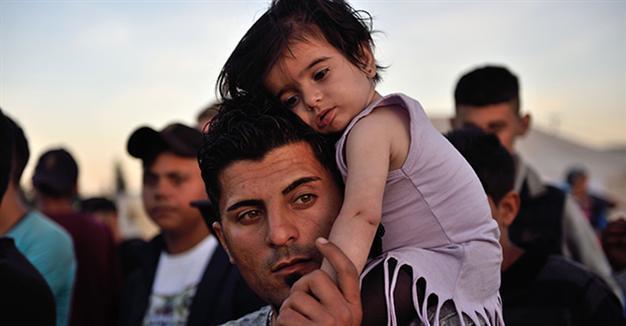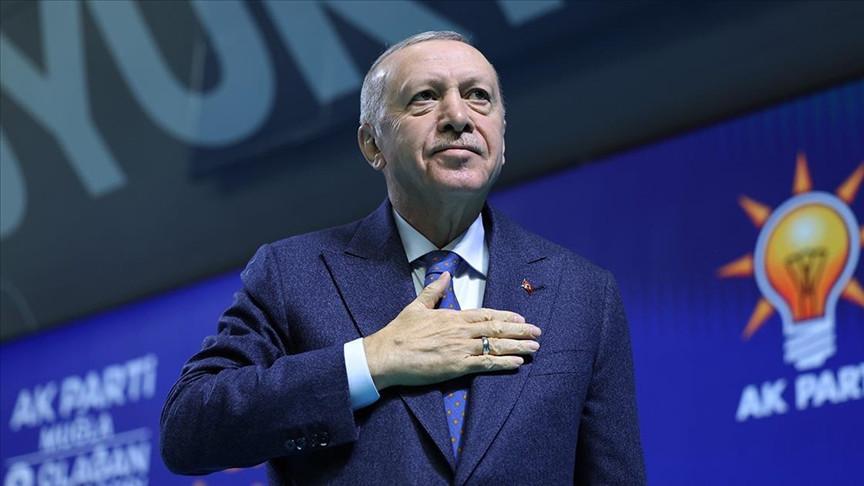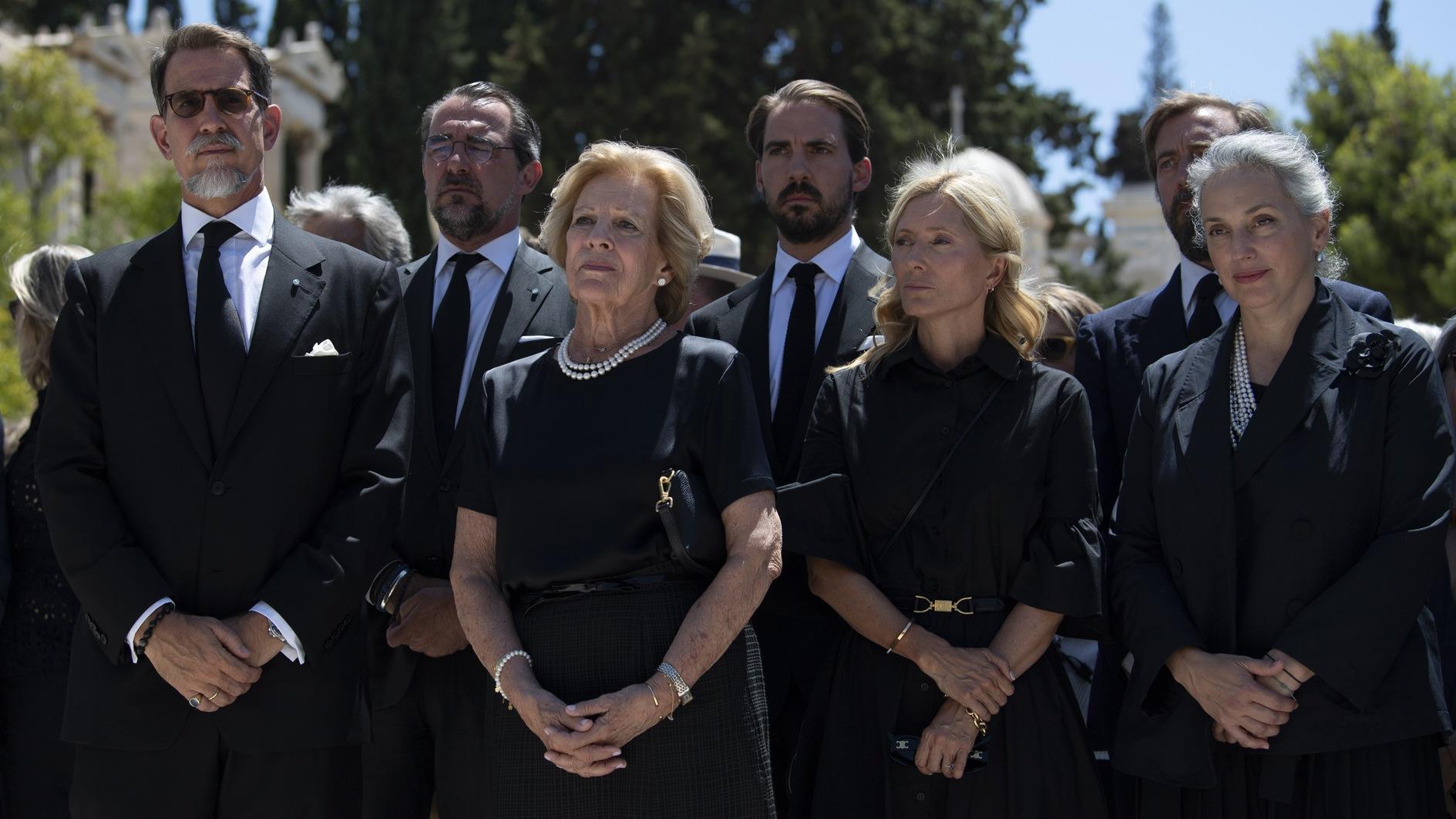Europe more afraid of migrants than terror: rights monitor
STRASBOURG - Agence France-Presse

A man carries a child on his shoulders at the migrant and refugee makeshift camp near the village of Idomeni on the Greek-Macedonian border on April 16, 2016 - AFP photo
Europe is more scared of the migrant influx than of terrorism, a European rights monitor said in a report published on April 19.In an annual report, Nils Muiznieks, human rights commissioner for the Council of Europe, described 2015 as "a year of fear and insecurity" for the continent.
"In such an atmosphere, governments tend to neglect their human rights obligations and public opinion sometimes encourages this trend," he warned the 47-nation council, which is based in Strasbourg.
Muiznieks pointed to the impact on public mood from two terror attacks in Paris -- a January assault on the satirical magazine Charlie Hebdo, followed by the coordinated bloodshed in November that killed 130 people.
But "even more widespread than fear of terrorism was a growing fear occasioned by continuing migrant inflows," he said, describing it as a "multi-faceted fear" which had affected many European countries.
"For some, the influx signalled the helplessness of individual governments and Europe as a whole to control borders."
"For others, the continuing arrivals and the attending strains exacerbated doubts about Europe's ability to manage diversity and fed anti-Muslim prejudices, which were already widespread."
Muiznieks expressed concern over that fact that governments were focussed more on cutting welfare entitlements than integrating new arrivals.
"What is more, a growing trend in many countries augured huge problems in achieving integration in the future," he said.
The report also sounded the alarm over insecurity in eastern Ukraine, which had prompted the government in Kiev to seek exemption from certain rights obligations, and over media freedom in parts of eastern Europe, including Poland, and the Balkans.
















